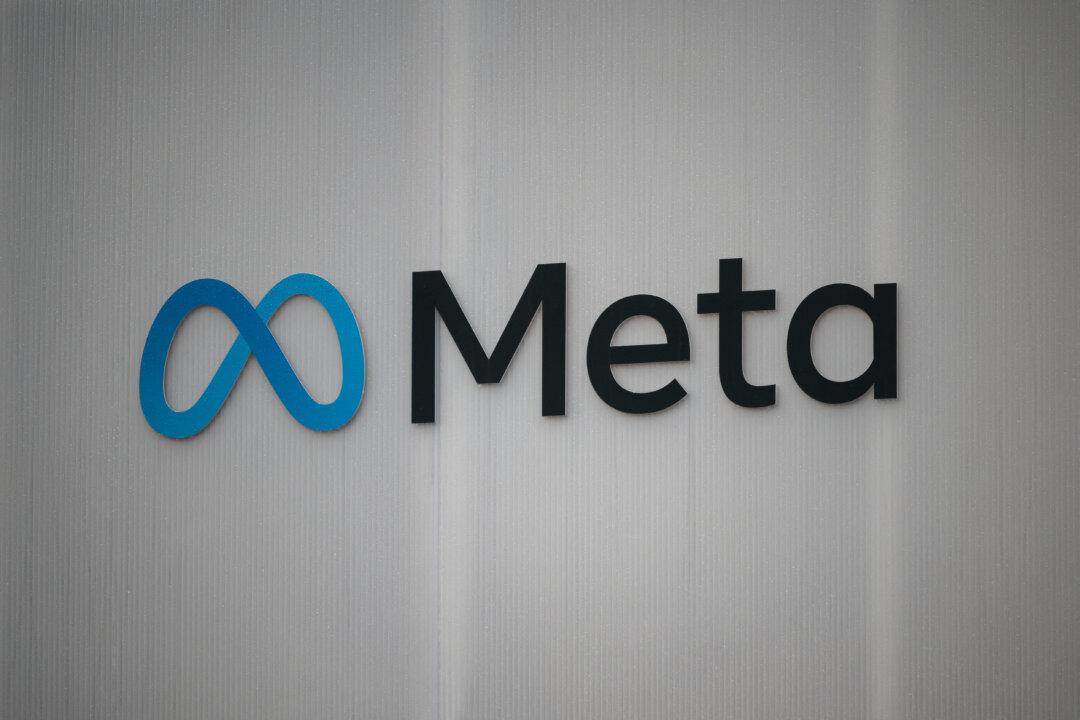Global tech giant Meta has proposed Australia implement an app store-based approach to age verification for social media platforms, arguing that existing industry measures have limitations.
This comes as Australia’s major political parties push for a social media ban for children under 16 years old in the country.





